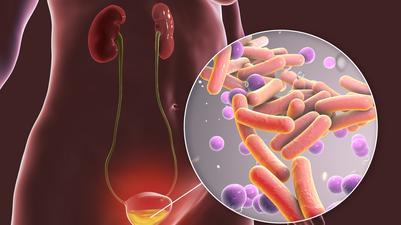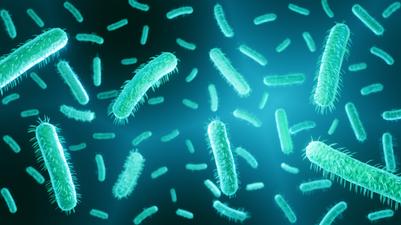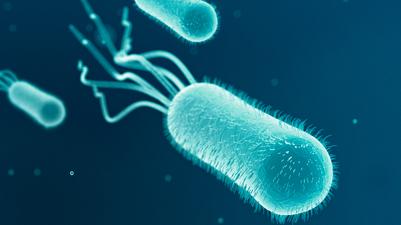Disease name: E. coli Infections
ICD-10 Disease Code: B96.20 - Unspecified Escherichia coli [E. coli] as the cause of diseases classified elsewhere
ICD-10 Disease Group: B96 - Other bacterial agents as the cause of diseases classified elsewhere
General description:Escherichea coli (E. coli) is a type of bacteria that normally resides in the intestines, with most strains being harmless. However, certain strains can cause infection and illness such as diarrhoea, urinary tract infections, pneumonia, sepsis, and other illnesses.
The most common E. coli infection results in diarrhoea, including potentially severe bloody diarrhoea, which may result in kidney failure or death, especially in vulnerable individuals. Shiga toxin-producing E. coli (STEC) infection can cause a severe condition known as haemolytic uremic syndrome (HUS), which may result in kidney failure, long-term health complications, or even death.
Disease frequency:E. coli infections are very common, particularly in cases of foodborne illnesses or contaminated water exposure, with higher risks during outbreaks or in regions with poor sanitation.
Symptoms:Infections cause nausea, vomiting, severe abdominal cramps, watery or bloody diarrhoea, fatigue, and fever. Vulnerable groups including children and immunocompromised individuals are more prone to severe complications.
Treatment:Most infections resolve within 5 to 10 days without specific treatment. Preventive measures include proper food handling, cooking meat thoroughly, washing produce, avoiding unpasteurised products, and steering clear of contaminated water.
Sources:- https://www.icd10data.com/
- https://www.orpha.net/consor/cgi-bin/index.php
- https://rarediseases.org/
- https://medlineplus.gov/genetics/
- https://www.cdc.gov/




